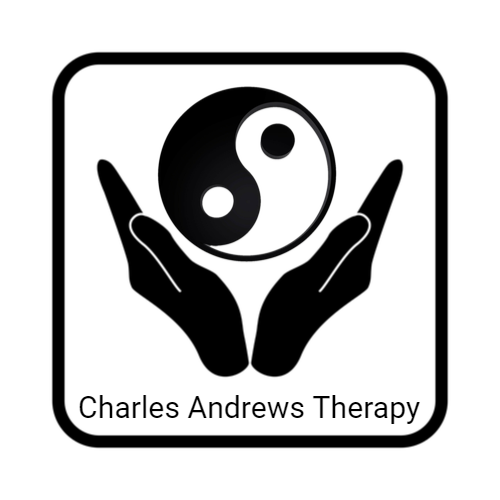Intimate relationships are tough enough sometimes without the added difficulty of substance use by one or both members of the couple. Problems of closeness and distance, already pronounced in couples who are having emotional difficulties with each other, are usually transformed into problems of crisis-proportions when substance use is also occurring. Substances take us further away from our partner. It’s inevitable. Except, perhaps, in rare cases not relevant here. Nearly always, using a substance will remove me from my partner, and put me in my own world, where my partner isn’t all that important, except, perhaps, as someone I can exploit or manipulate in some way to get whatever it is I want when I’m using or want to use.
I may even think I love them. But as a matter of brain function if nothing else, it is generally impossible to engage in a mature love-relationship while in active addiction.
So, if I want to maintain my substance habit, and I want to have a healthy, growing intimate relationship at the same time, I am trying to combine two very different experiences that do not reinforce each other in any positive way.
They will reinforce each other in ways that create vast amounts of misery however.
This is one of the many very good reasons why most treatments for recovery from substance-use include a recommendation prohibiting any serious intimate relationship for at least a year while clients remain in early sobriety and work on themselves, on their own growth and awareness. If it’s difficult to have an intimate relationship of any real value while actively using, it is, in some ways, even more difficult to have one in early sobriety. Because the inevitable pressures of attempting to cultivate an intimate relationship while simultaneously learning how to remain substance-free--and moreover, simply learning how to live life as a sober person—can be enough pressure to sabotage the entire project of sobriety and thus often lead straight back to substance-use.
And, sometimes, if I am in an intimate relationship at the beginning of recovery, I may find, as my partner may find, that when I’m sober, the relationship makes no sense. My partner may have been attracted to me because I was using—this happens quite a lot, sadly—a caretaking partner coupled with a substance user is the kind of tightly fitting, highly-dysfunctional relationship that is difficult to alter, difficult to get out of, and when the substance user finally gets sober the caretaker suddenly has the feeling that she/he has nothing to do. This can cause many problems and is very, very common.
This is all fairly settled clinical experience. More practically, how can a couple come back from destructive substance-use by one or both people?
It can be done. But this kind of evolution and healing requires a great deal of commitment to work: work on self, work on understanding my partner, work to leave behind the seductive world of substance-use and live as a sober person. And work to realize that sober life, for one or both partners, is a very different experience from the using life.
I have found that I don’t work very differently with couples who are using substances. The substance use becomes one more part of the relationship. Sometimes—often—it becomes an outsized part. A mentor of mine, a brilliantly skilled family therapist with decades of experience once commented that “when a family or couple comes to me and one of them says ‘I have a drug problem’ I have occasionally said to them ‘well, now you have a big shiny, gaudy problem to deal with and you don’t really have to work on all the other problems in your relationship, right?’” She noted that substance-use can become an enormous emotional and physical drain, sucking away the energy required to deal with any number of other problems in the relationship that are also probably quite serious. From this view, substance-use becomes a form of defense against having to face and work through other pressing emotional difficulties in both the individual who is using, their partner, and between the two of them. I have seen this particular relationship-system many times, and it does make the work of healing more difficult and complicated—but not impossible.
In the end, the right couples’ therapist, who knows what they are doing, can help even couples suffering from the misery of addiction in one or both of them to heal themselves and their relationship. A therapist of this kind can certainly help, but, ultimately the most basic requirement is full commitment to both sobriety and the healing process. If both members of a couple make that commitment and are serious about it, nothing is impossible.
